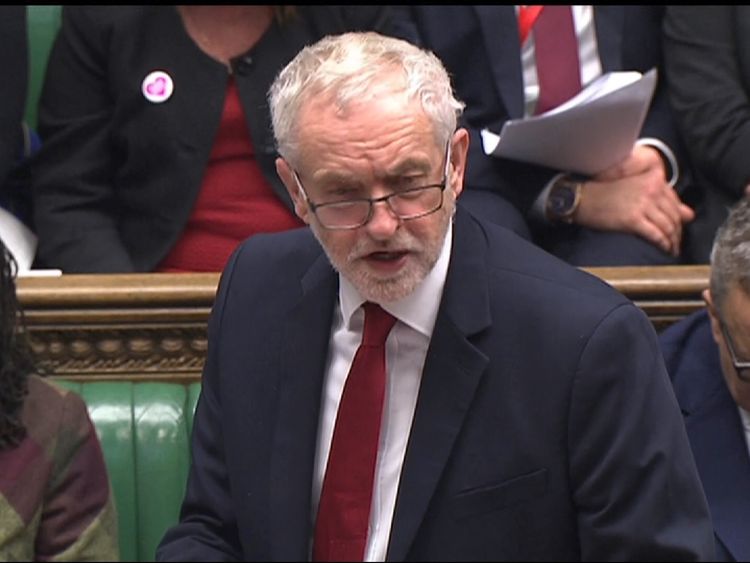The Brexit Secretary said "forecasts" of the EU divorce's effect on different industrial sectors did not exist but that the benefit of such an assessment would be "near zero" due to the huge scale of change leaving the bloc is likely to cause.
However, he claimed an 850-page document given to MPs last week provided a "sectoral analysis", giving information on different parts of the economy.
Mr Davis made the comments during a grilling from the Brexit select committee, and also admitted he had only read two chapters of the paper.
Asked if there were studies into Brexit's impact on industries including aerospace and financial services, the minister said: "I think the answer is going to be no to all of them."
He explained: "You don't need to do a formal impact assessment to understand that if there is a regulatory hurdle between our producers and a market that they will have an impact - an effect.
"The assessment of that effect is not as straightforward as people imagine.
"I am not a fan of economic models because they have all proven wrong."
Mr Davis added: "We will at some stage do the best we can to quantify the effect of different negotiating outcomes as we come up with them."
Labour leader Jeremy Corbyn seized on the comments, branding the row "a shambles".
Mr Davis has previously responded to questions about Brexit impact assessments by saying they are "in excruciating deal".
And he said in February: "We continue to analyse the impact of our exit across the breadth of the UK economy, covering more than 50 sectors."
The Brexit Secretary is facing allegations of contempt of Parliament over his department's response to a vote on releasing the impact assessments.
A Labour motion calling for them to be shared with Brexit select committee chair Hilary Benn was passed unopposed in November.
But Mr Benn said the documents received were "not in keeping" with the binding motion.
Sky News understands his committee will reconvene this afternoon to discuss contempt proceedings being brought against Mr Davis.
Contempt of Parliament - when an MP obstructs the House of Commons carrying out its job - can result in those ruled against being suspended or expelled.



